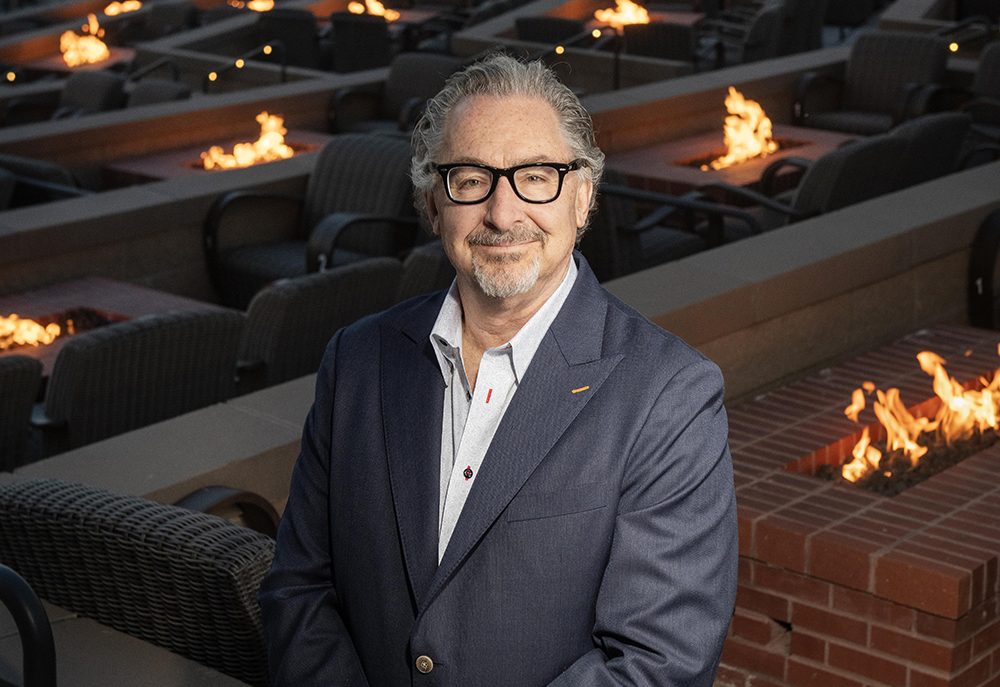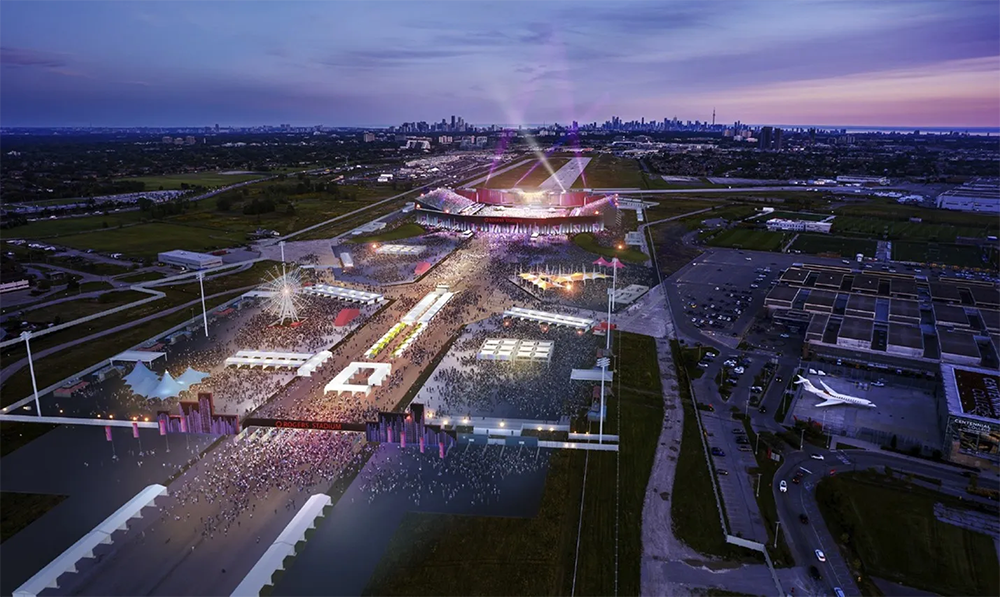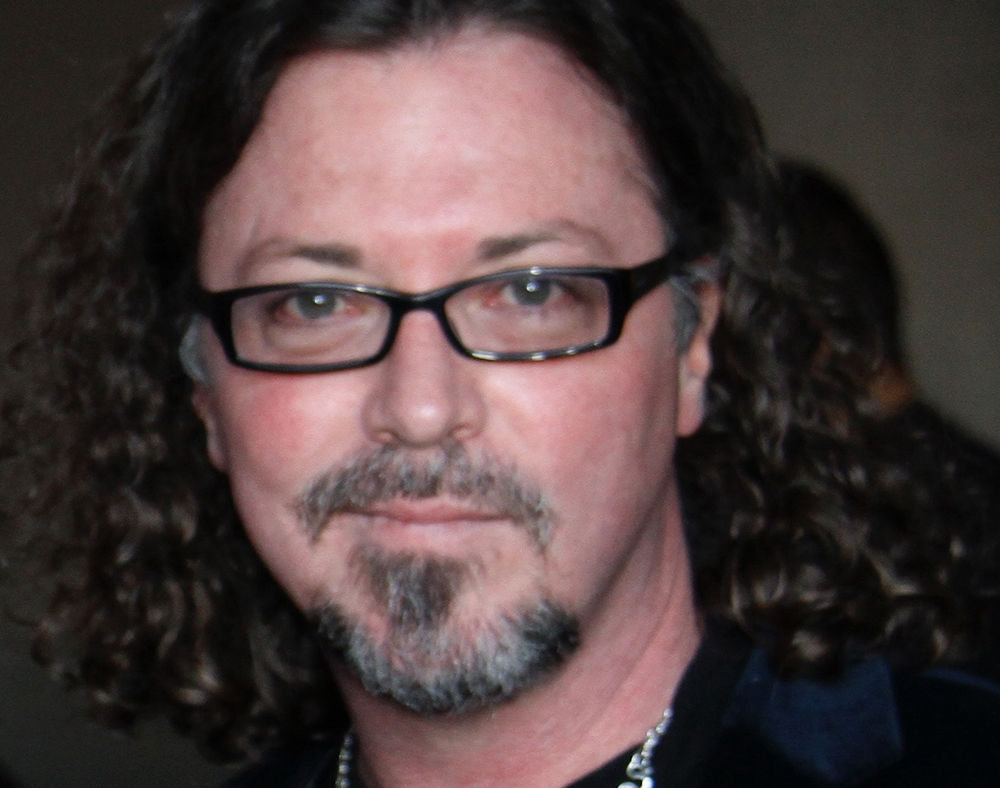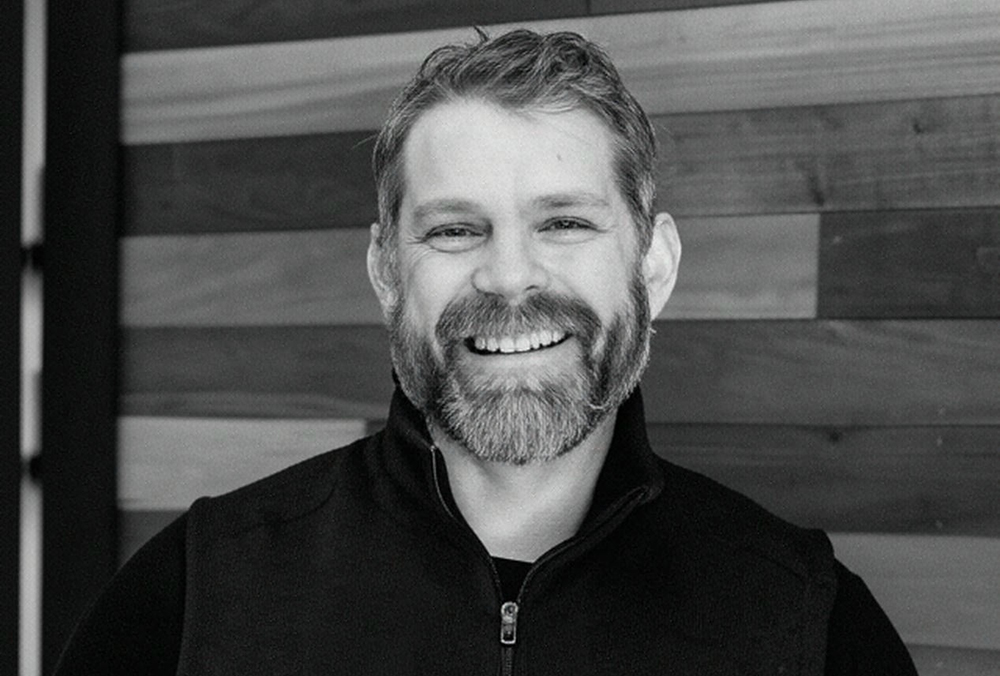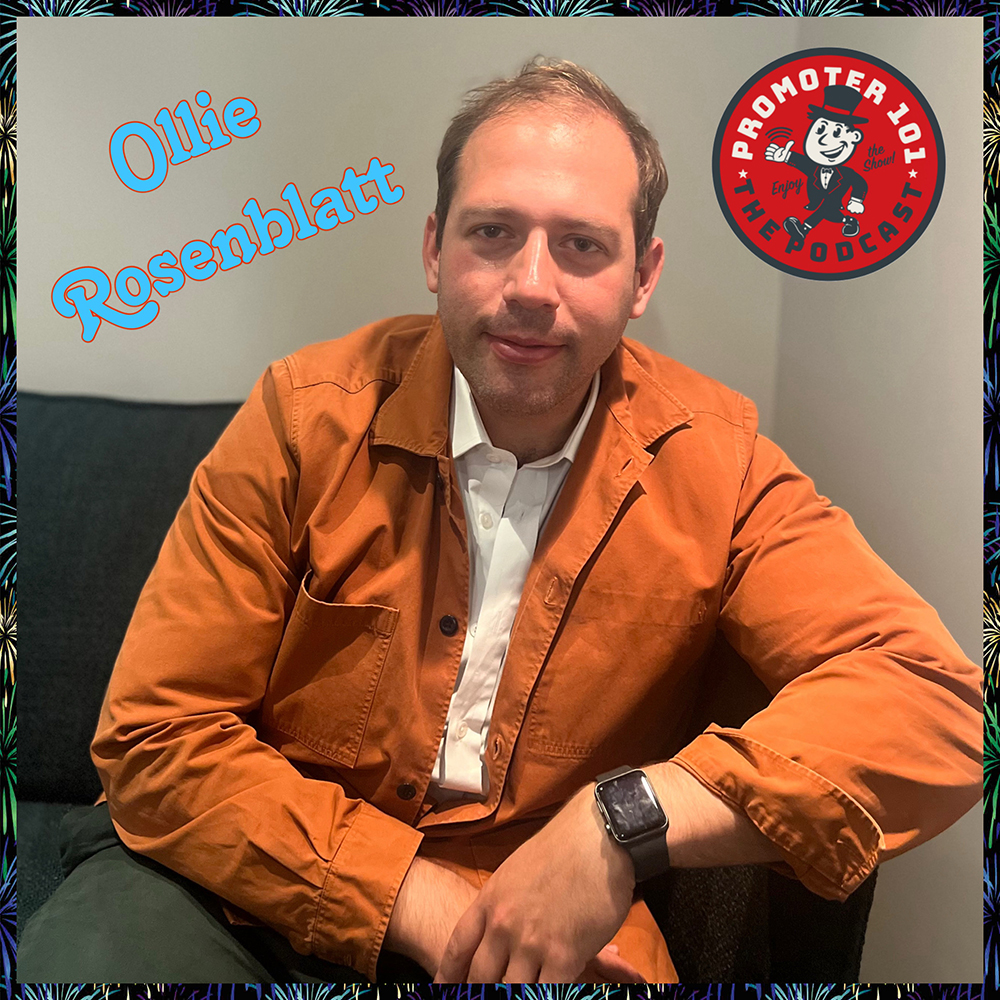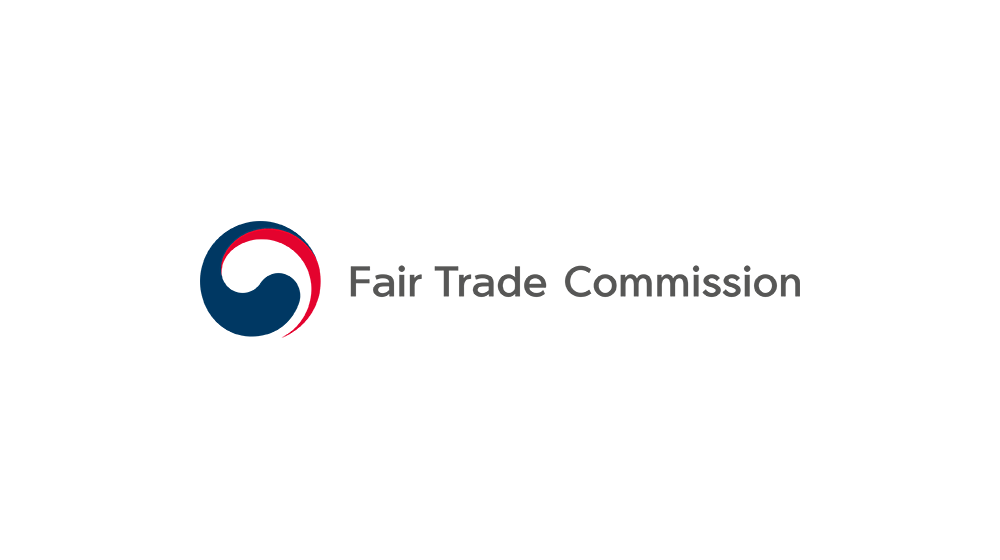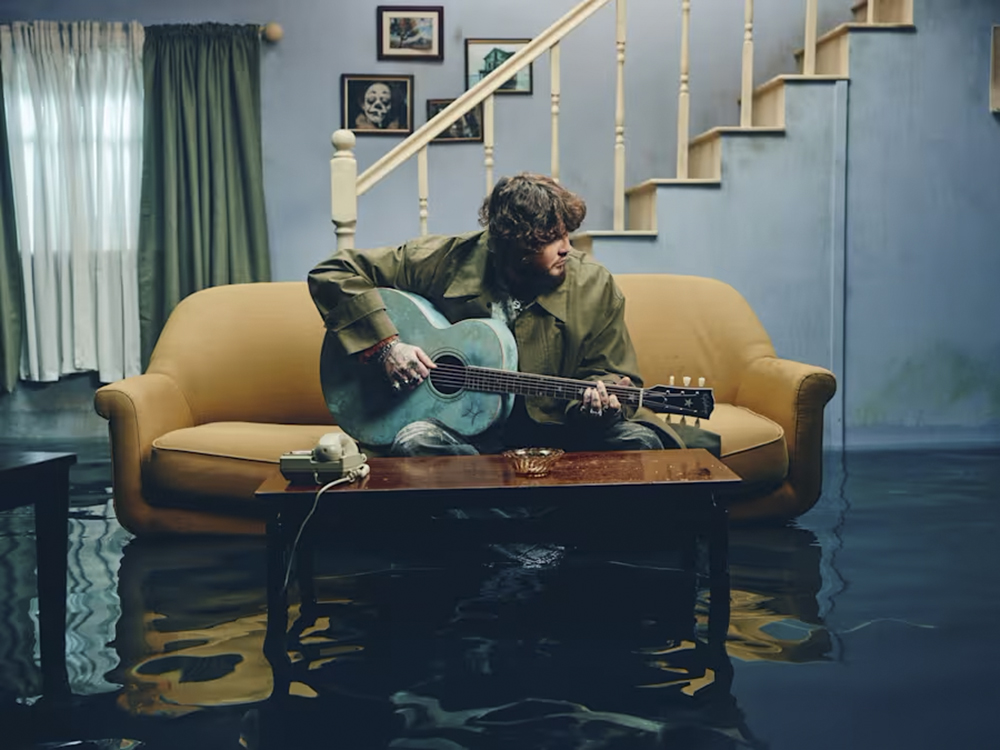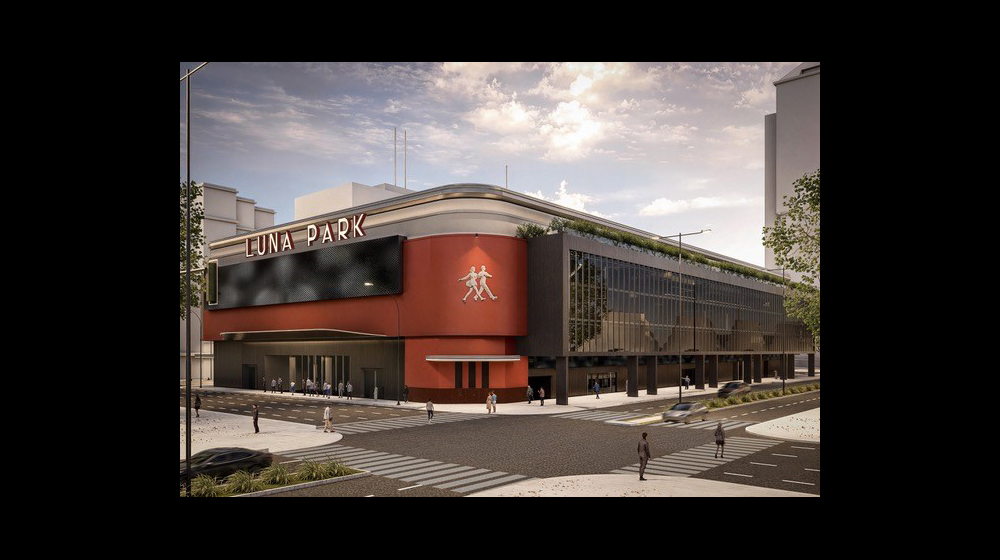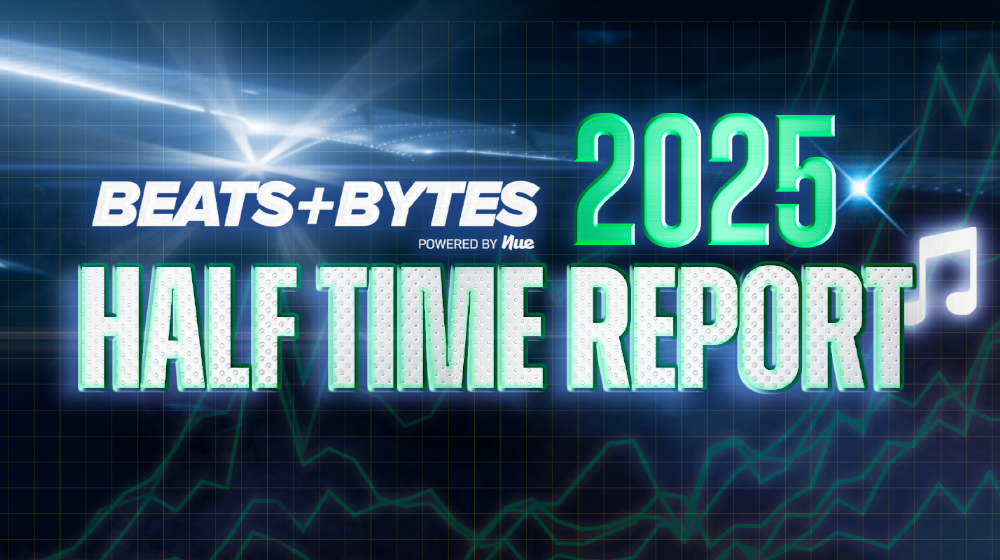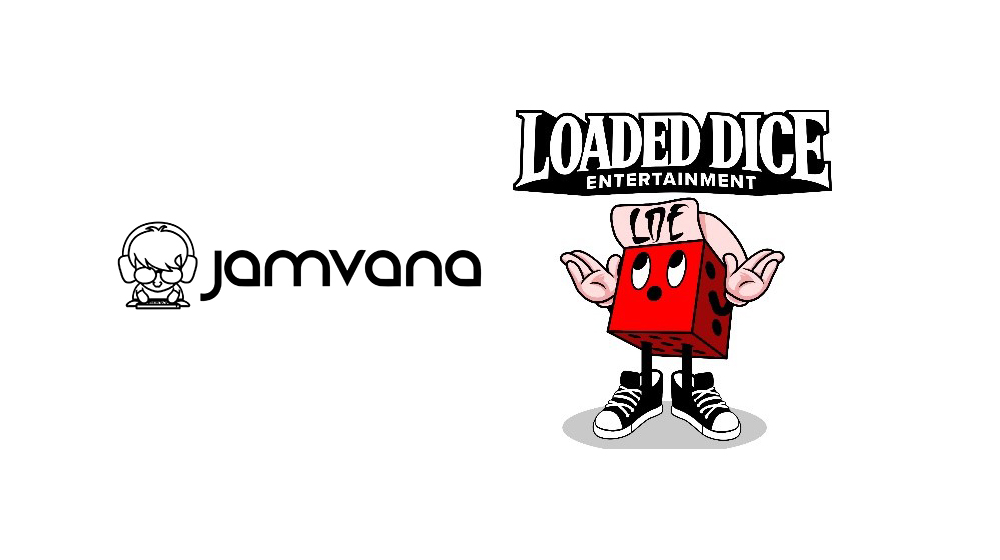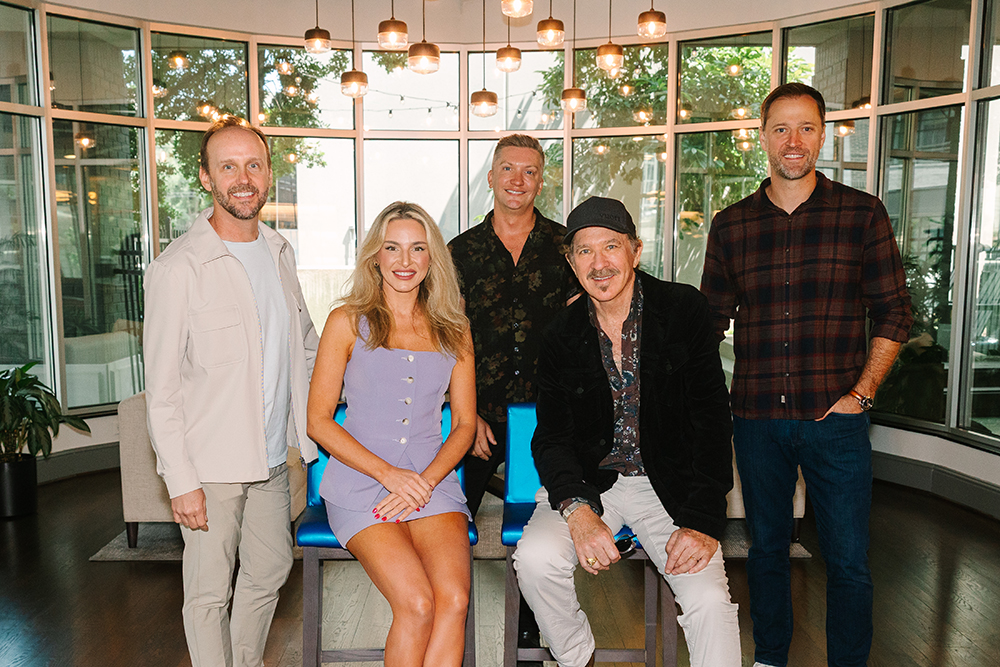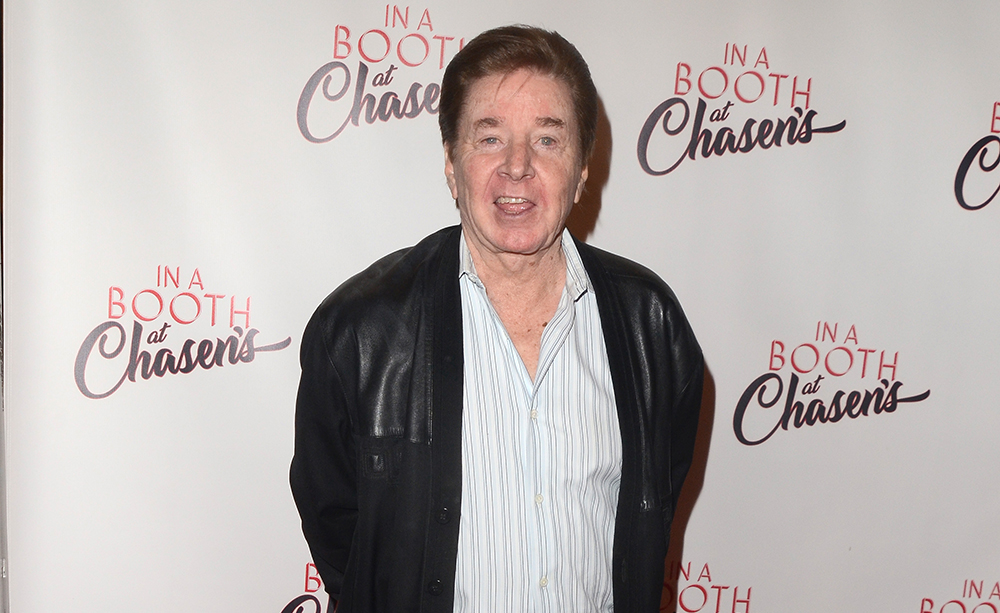
(CelebrityAccess MediaWire) — Last week, The Wall Street Journal discussed the future of Clear Channel Entertainment’s concert unit with Michael Rapino, head of the Los Angeles-based music-entertainment division. Rapino expressed his plans for the company to fix the problems they’ve seen in recent years.
When Clear Channel Communications paid $4.5 billion for the SFX concert promoting company, the idea was to gain strength in the live entertainment industry while the company’s core radio audience matured. Instead, the acquisition has become a problem for Clear Channel. Consumers have been staying away due to increasingly high ticket prices and poor service.
Rapino took over the division late last summer, and has been pushing bold ideas forward to reverse the company’s downward turn in the concert business.
Rapino’s moves have come in all forms, from allowing concertgoers to bring their own blankets, to removing the Clear Channel moniker from local concerts. Rapino felt that this would keep the events from seeming tainted by a corporate name that has gained a negative connotation in the minds of many music lovers.
Rapino’s biggest plan is to revise the way that artists are paid by concert promoters. Traditionally, the promoters paid the artists an up front fee, generally 80- to 90-percent of expected box office receipts, no matter how many tickets get sold. This, in turn, forced promoters like Clear Channel to hike up ticket prices for the fans, leaving many seats unsold. CCE found that they had paid out much more to the artists than they were able to recoup at the box office. Other large-scale promoters, such as AEG and HOB, agreed that 2004 was the most brutal year for profits they can remember.
In a plan to turn this problem around, Rapino is negotiating with the artists’ representatives to lower or even remove the advance fee for many concerts. In exchange, the artists would get 100-percent of the box-office revenue, while the promoters made money on parking, concession sales and other fees. Rapino and artist representatives have both called the new plan beneficial to the industry.
Clear Channel has also looked to gain credibility in local markets by reviving the names of local promoters bought out by the company. This includes names such as Avalon Attractions and Bill Graham Presents on the west coast and Electric Factory Concerts and Ron Delsener Presents on the east coast.
"We had a bunch of magic in those local brands," Mr. Rapino told the WSJ. "If we brought them back and made them the forefront for the consumer, it would be an easy connect."
Rapino is also pouring millions of dollars into some of the older properties purchased by Clear Channel in an effort to compete with some of the newer venues in the same market. The money is going toward updating everything from bathrooms to parking lots, making it possible for venues such as LA’s Clear Channel’s Hyundai Pavilion, which opened in 1993, and the Verizon Wireless Amphitheater, which opened in the early 1980s, to compete with the nearby, modern Staples Center, run by AEG, which opened in 1999.
The venue plan also includes re-attracting fans who would generally spring for lawn seats at outdoor facilities, but have been turned off as of late due to rising ticket costs and facilities fees. Rapino wants to cap the prices for these tickets at $20, and ax the extra fees. He also plans to up the lawn maintenance and allow the fans more freedom.
Rapino is also working to cap Ticketmaster fees at $5, by offering to cut Clear Channel’s take. He said that he finds this helps the artists to warm up to his proposal to cut their guarantees.
"You have to do that part, to engage the artist and manager that this is a two-way street," Rapino told the WSJ. "We are doing our part to bring ticket prices down." –by CelebrityAccess Staff Writers

































